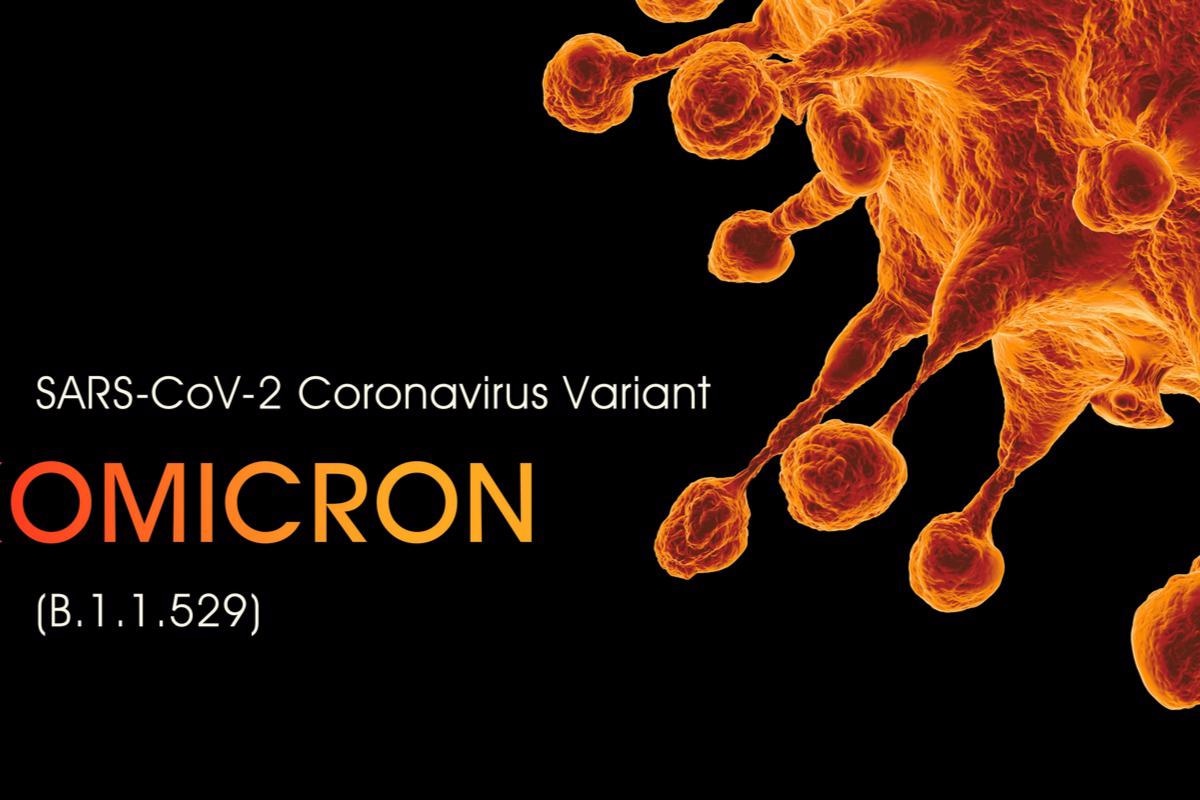In a recent study posted to the medRxiv* preprint server, researchers assessed the incidence of severe acute respiratory syndrome coronavirus 2 (SARS-CoV-2) infections during the prevalence of the SARS-CoV-2 Omicron variant.
 Study: Incidence of SARS-CoV-2 infection among unvaccinated US adults during the Omicron wave. Image Credit: CROCOTHERY/Shutterstock
Study: Incidence of SARS-CoV-2 infection among unvaccinated US adults during the Omicron wave. Image Credit: CROCOTHERY/Shutterstock

 This news article was a review of a preliminary scientific report that had not undergone peer-review at the time of publication. Since its initial publication, the scientific report has now been peer reviewed and accepted for publication in a Scientific Journal. Links to the preliminary and peer-reviewed reports are available in the Sources section at the bottom of this article. View Sources
This news article was a review of a preliminary scientific report that had not undergone peer-review at the time of publication. Since its initial publication, the scientific report has now been peer reviewed and accepted for publication in a Scientific Journal. Links to the preliminary and peer-reviewed reports are available in the Sources section at the bottom of this article. View Sources
As of April 2022, while 23% of the total US population had not received their coronavirus disease 2019 (COVID-19) vaccine, 99% of the unvaccinated adults had anti-SARS-CoV-2 antibodies. However, further research is required to assess the protection provided by these antibodies against novel SARS-CoV-2 variants.
About the study
In the present study, researchers characterized the COVID-19 infections among adults residing in the US during the SARS-CoV-2 Omicron (B.1.1.529) wave.
The study comprised adults who had no history of SARS-CoV-2 vaccination between 11 September 2021 and 8 October 2021. The team performed anti-SARS-CoV-2 spike (S) serological testing between 23 September 2021 and 5 November 2021 before the prevalence of SARS-CoV-2 Omicron infections.
Furthermore, the participants were classified based on the neutralization antibody titers. The participants were required to complete a follow-up questionnaire to obtain information related to the test status and symptoms of COVID-19, such as COVID-19 positivity, COVID-19 suspicion with no positive COVID-19 test, or neither suspected COVID-19 infection nor positive test. The symptoms reported by the participants in the questionnaire were classified as either mild, moderate, severe, or none.
Results
The study comprised 843 unvaccinated individuals who displayed anti-receptor binding domain (RBD) evaluated two months before the prevalence of the SARS-CoV-2 Omicron variant. Among these, the median age was 48 years, including 54% women and 83% White persons. Moreover, 37% of the total participants reported a positive COVID-19 test result, while 60% had anti-RBD antibodies before the Omicron wave. Notably, 82% of the study cohort reported no regular mask usage when in public.
Among the unvaccinated persons, 35% had no pre-existing antibodies and reported a history of COVID-19 infection, while 12% had a suspected but unconfirmed COVID-19 during Omicron prevalence. On the other hand, 12% of the unvaccinated participants who had pre-existing antibodies reported COVID-19 history, while 15% reported suspected but unconfirmed COVID-19 in the period of Omicron prevalence. Among persons with 0.8 to 1000 U/mL anti-RBD antibodies, 12% had confirmed and 16% had suspected COVID-19 diagnosis, while those with anti-RBD 1000 U/mL or higher included 9% with confirmed and 7% with suspected COVID-19.
The team also noted that individuals without antibodies had a 67% higher likelihood of testing COVID-19 positive as compared to persons with antibodies. Among the COVID-19-confirmed individuals, persons with antibodies had a shorter duration of symptoms than those with no antibodies. Moreover, the number of antibody-negative individuals was higher among persons who tested COVID-19 positive and had suspected but unconfirmed COVID-19.
Conclusion
Overall, the study findings showed that anti-RBD antibodies found in unvaccinated healthy individuals were associated with a significant reduction in the risk of SARS-CoV-2 reinfection and shorter duration of symptoms as compared to persons without any anti-RBD antibodies. The researchers believe that while the reported disease severity for SARS-CoV-2 Omicron infections is lower than for other variants, COVID-19-hospitalized patients are still at significant risk of experiencing severe illness and death.

 This news article was a review of a preliminary scientific report that had not undergone peer-review at the time of publication. Since its initial publication, the scientific report has now been peer reviewed and accepted for publication in a Scientific Journal. Links to the preliminary and peer-reviewed reports are available in the Sources section at the bottom of this article. View Sources
This news article was a review of a preliminary scientific report that had not undergone peer-review at the time of publication. Since its initial publication, the scientific report has now been peer reviewed and accepted for publication in a Scientific Journal. Links to the preliminary and peer-reviewed reports are available in the Sources section at the bottom of this article. View Sources
Journal references:
- Preliminary scientific report.
Alejo, J. et al. (2022) "Incidence of SARS-CoV-2 infection among unvaccinated US adults during the Omicron wave". medRxiv. doi: 10.1101/2022.05.27.22275630. https://www.medrxiv.org/content/10.1101/2022.05.27.22275630v1
- Peer reviewed and published scientific report.
Alejo, Jennifer L., Teresa P. Y. Chiang, Jonathan Mitchell, Aura T. Abedon, Alexa A. Jefferis, William Werbel, Allan B. Massie, Martin A. Makary, and Dorry L. Segev. 2022. “Incidence of SARS-CoV-2 Infection among Unvaccinated US Adults during the Omicron Wave.” Journal of Internal Medicine 292 (6): 965–68. https://doi.org/10.1111/joim.13555. https://onlinelibrary.wiley.com/doi/10.1111/joim.13555.